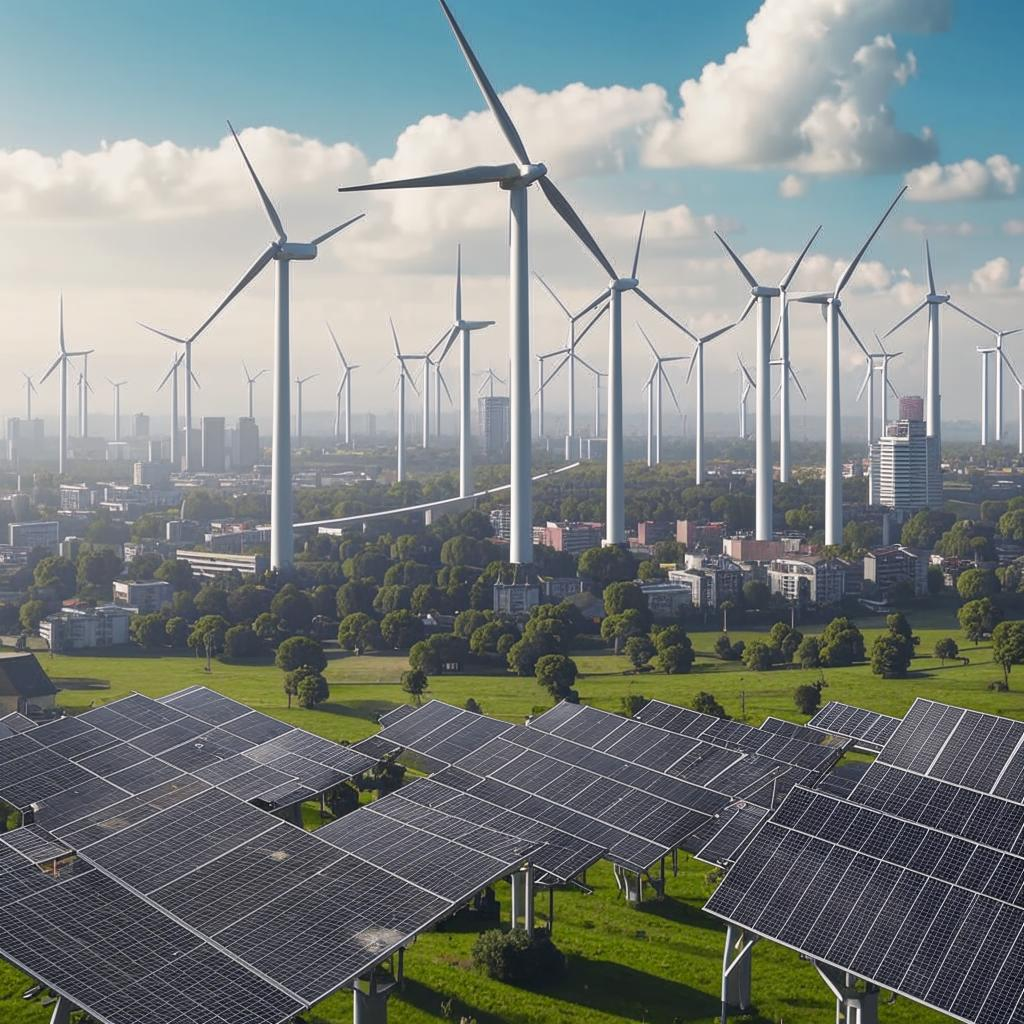The relentless rise of fast fashion, characterized by its inexpensive, trendy clothing and rapid production cycles, may be facing a turning point. Consumers and environmental advocates are increasingly questioning its detrimental effects on the planet and garment workers. Concerns about unethical labor practices, resource depletion, and textile waste are driving a growing demand for sustainable alternatives.
Fast fashion’s business model relies on creating a constant desire for newness, leading to overconsumption and mountains of discarded clothing. The industry is a significant contributor to pollution, with textile production consuming vast amounts of water, energy, and chemicals. Furthermore, fast fashion brands are often criticized for exploiting garment workers in developing countries, paying them low wages and subjecting them to unsafe working conditions.
Consumers are actively seeking alternatives with a greater awareness of the industry’s impact. The rise of resale platforms, clothing rental services, and brands prioritizing ethical and sustainable practices indicates a shift in consumer behavior. These businesses promote circularity by extending the life cycle of clothing and reducing the need for new production.
Growing popularity is also evident for companies that prioritize transparency, fair labor standards, and eco-friendly materials. Many newer brands focus on durable, timeless designs, which aim to combat the constant need for updating wardrobes associated with fast fashion.
While fast fashion is still prevalent, the increasing consumer awareness and the emergence of viable alternatives suggest a potential decline in its dominance. The industry faces a challenge to adapt to changing consumer values and adopt more sustainable practices to ensure its long-term survival. The future of fashion might prioritize quality, ethics, and environmental responsibility over cheap trends and rapid turnover.















